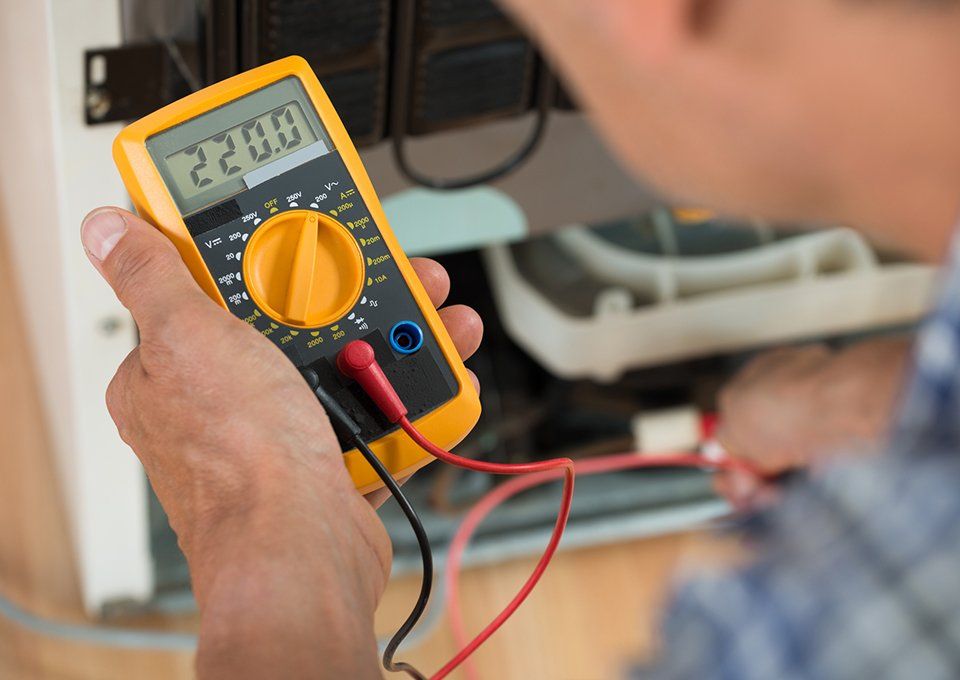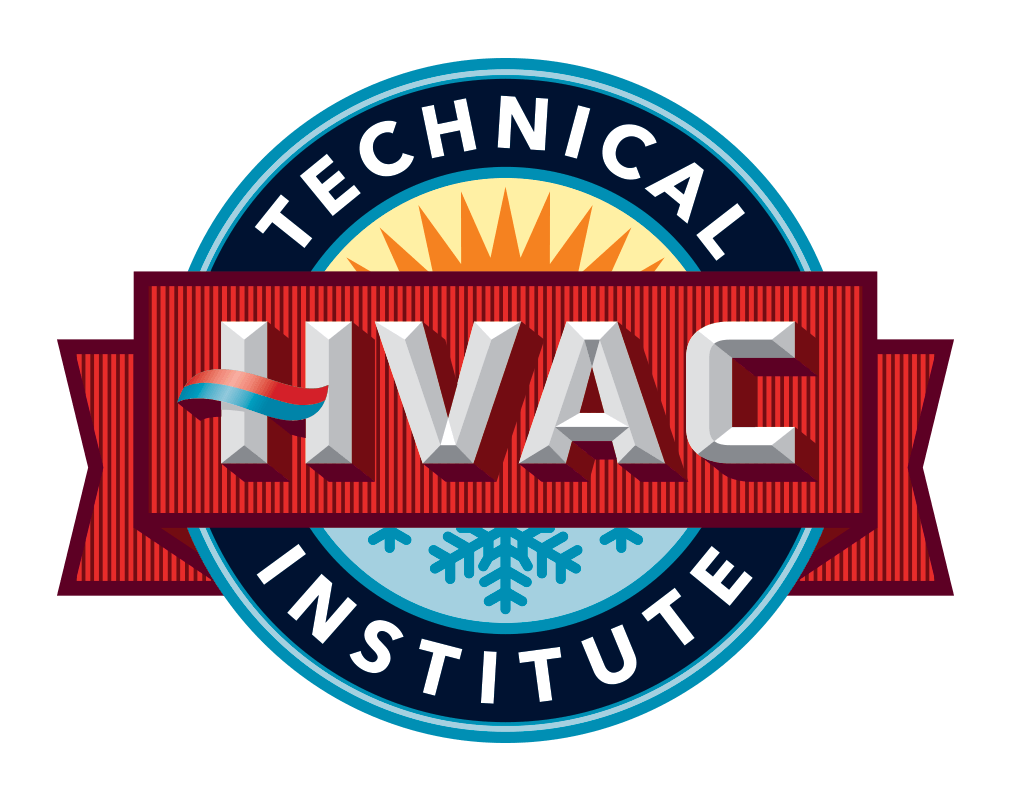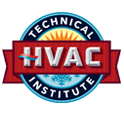5 FAQ ABOUT WORKING WITH REFRIGERATION
If you want a new career or currently work in the HVAC field and would like to expand your job prospects, then you may have considered training to work as a refrigeration technician. However, you may have many questions about working with refrigerants that you would like to know the answers to before you begin your refrigeration training.
Learn about four frequently asked questions about working with refrigerants and their answers.

1. WHO CAN WORK IN THE FIELD OF REFRIGERATION?
Anyone who plans to work with refrigerants on the job must obtain their Environmental Protection Agency (EPA) section 608 technician certification. They need to do this before they maintain, repair, or dispose of appliances that contain refrigerants.
The EPA offers four certification levels:
- A Type I certificate allows you to repair small appliances.
- A Type II certificate allows you to service or dispose of high-pressure appliances.
- A Type III certificate allows you to service or dispose of low-pressure appliances.
- A Universal certificate allows you to service and dispose of all appliances that contain refrigerants.
All certification exams include the same core section that tests your knowledge of current refrigerant regulations, the ways that refrigerants affect the environment, the safe handling of these substances, and more refrigeration basics.
Type I, II, and III exams include a second section that tests your knowledge of the specific type of appliances you want to become certified to work with. The universal exam contains all three additional sections included in the three aforementioned exams. If you do not want to answer all questions required to earn your universal certificate at once, you can instead earn this certification by taking and passing Type I, Type II, and Type III exams on separate days.
Since these exams are known to be tough, prepare for them by taking a refrigeration training course that aims to prepare you to obtain your EPA refrigeration certification before you take one or more of them.
2. WHAT APPLIANCE TYPES CONTAIN REFRIGERANTS?
Many people believe the misconception that only refrigerators and freezers contain refrigerants. However, many additional household and workplace appliances contain refrigerants, including commercial and household air conditioning systems, ice makers, vending machines, drinking water coolers, and heat pumps.
Automobile air conditioners also cool vehicle air with refrigerants, and some types of laboratory equipment contain refrigerants.
3. WHAT ARE JOBS IN THE REFRIGERATION INDUSTRY LIKE?
If you are a working HVAC technician, then obtaining your EPA refrigeration certification to become an HVAC/R will allow you to work on many more appliances than you are currently able to work on without this certification. When you are certified to work with refrigerants, you can finally begin repairing and maintaining air-conditioning equipment and heat pumps that contain refrigerants.
However, many people who become certified in refrigeration choose to become full-time or part-time refrigeration technicians.
The median salary for an industrial refrigeration technician is $47,610. A typical industrial refrigeration technician installs, maintains, and repairs refrigeration equipment, such as evaporators and compressors; connect refrigerant lines; and checks for and repair refrigerant system leaks.
A refrigeration technician may also keep records of equipment inspections and repairs, order new parts for refrigeration equipment, or assemble new refrigeration system components.
In addition, as new refrigeration technician becomes a more experienced one, they may oversee other technicians or inspect their work to ensure it is completed properly.
4. IS WORKING WITH REFRIGERANTS HAZARDOUS?
While many refrigerant types can be hazardous to humans, these hazards are greatly reduced or even eliminated with proper safety precautions.
You can learn all about refrigerant hazards and how to avoid them during the refrigeration course you take when preparing for your EPA refrigeration certification exam. Then, when you take your exam, you will be tested on your refrigerant safety knowledge. This can ensure you are prepared to handle these substances safely while on the job.
Typically, refrigerant technicians are required to wear safety goggles or a full-face shield; long pants; long-sleeved shirts; protective gloves; and safety shoes at the workplace. This important safety gear protects technicians from skin and eye damage that could occur if a liquid refrigerant splatters or is spilled.
Many workplaces also have refrigerant vapor sensors. These sensors alert staff to gas refrigerant leaks, as well as special ventilation pipes and exhaust systems that help eliminate the gas from the workplace air before it harms the health of employees.
Are you a current HVAC technician and would like to work on a wider variety of appliances as an HVAC/R? Are you looking to begin a brand-new career as a refrigeration technician? Then now you know the answers to many of the questions you may have about entering and working in the field of refrigeration. Contact the friendly student advisors at HVAC Technical Institute to begin refrigeration training today. We look forward to helping you.

